Search Results
Showing results 1 to 20 of 59
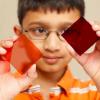
Exploring Materials: Nano Gold
Source Institutions
In this activity, learners discover that nanoparticles of gold can appear red, orange or even blue. They learn that a material can act differently when it’s nanometer-sized.
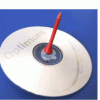
CD Spinner
Source Institutions
In this activity, learners create a simple “top” from a CD, marble and bottle cap, and use it as a spinning platform for a variety of illusion-generating patterns.
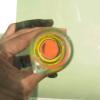
Rotating Light
Source Institutions
In this activity, learners explore what happens when polarized white light passes through a sugar solution.
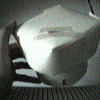
CD Spectroscope
Source Institutions
In this activity, learners use an old CD to construct a spectroscope, a device that separates light into its component colors.

Morphing Butterfly
Source Institutions
In this activity, learners explore how nanosized structures can create brilliant color.

Make a Prism
Source Institutions
In this activity, learners will make their own prism and use a glass of water to separate sunlight into different colors.
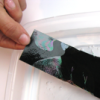
Exploring Materials: Thin Films
Source Institutions
In this activity, learners create a colorful bookmark using a super thin layer of nail polish on water. Learners discover that a thin film creates iridescent, rainbow colors.

See the Light
Source Institutions
In this three-part activity, learners conduct simple experiments to see how light refracts and reflects, and how colors of light affect what we see.
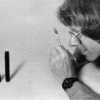
Diffraction
Source Institutions
In this optics activity, demonstrate diffraction using a candle or a small bright flashlight bulb and a slide made with two pencils.
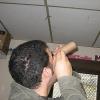
Spectroscope
Source Institutions
In this activity (posted on March 12, 2011), learners follow the steps to construct a spectroscope, a tool used to analyze light and color.

Terrestrial Hi-Lo Hunt
Source Institutions
In this outdoor activity, learners search for the warmest and coolest, windiest and calmest, wettest and driest, and brightest and darkest spots in an area.
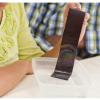
Rainbow Film
Source Institutions
In this activity, learners use clear nail polish to create a beautiful iridescent pattern on black paper. Learners discover that a thin film creates iridescent, rainbow colors.
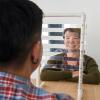
Your Father's Nose
Source Institutions
In this fun optics activity, learners explore principles of light, reflection (mirrors), and perception. Learners work in pairs and sit on opposite sides of a "two-way" mirror.
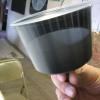
Mini Zoetrope
Source Institutions
In this activity (posted on March 27, 2011), learners follow the steps to construct a mini zoetrope, a device that produces an illusion of action from a rapid succession of static pictures.
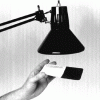
Give and Take
Source Institutions
In this activity, learners explore liquid crystals, light and temperature. Using a postcard made of temperature-sensitive liquid crystal material, learners monitor temperature changes.
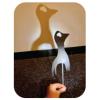
Shadow Puppets
Source Institutions
In this activity, learners will create their own simple shadow puppets, and experiment with light and shadow while playing with them.
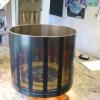
Bike Wheel Zoetrope
Source Institutions
In this activity (posted on April 18, 2011), learners follow the steps to construct a zoetrope, a device that produces an illusion of action from a rapid succession of static pictures, using a 16" bik
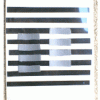
Sliding Gray Step
Source Institutions
How can you make one shade of gray look like two? By putting it against two different color backgrounds! This activity allows learners to perform this sleight of hand very easily.
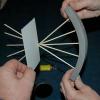
It's all Done with Mirrors
Source Institutions
This fun and simple hands-on astronomy activity illustrates the path of light as it reflects off of mirrors and how this is used in telescopes.

Stroboscope
Source Institutions
In this activity (posted on March 20, 2011), learners follow the steps to construct a stroboscope, a device that exploits the persistence of vision to make moving objects appear slow or stationary.
